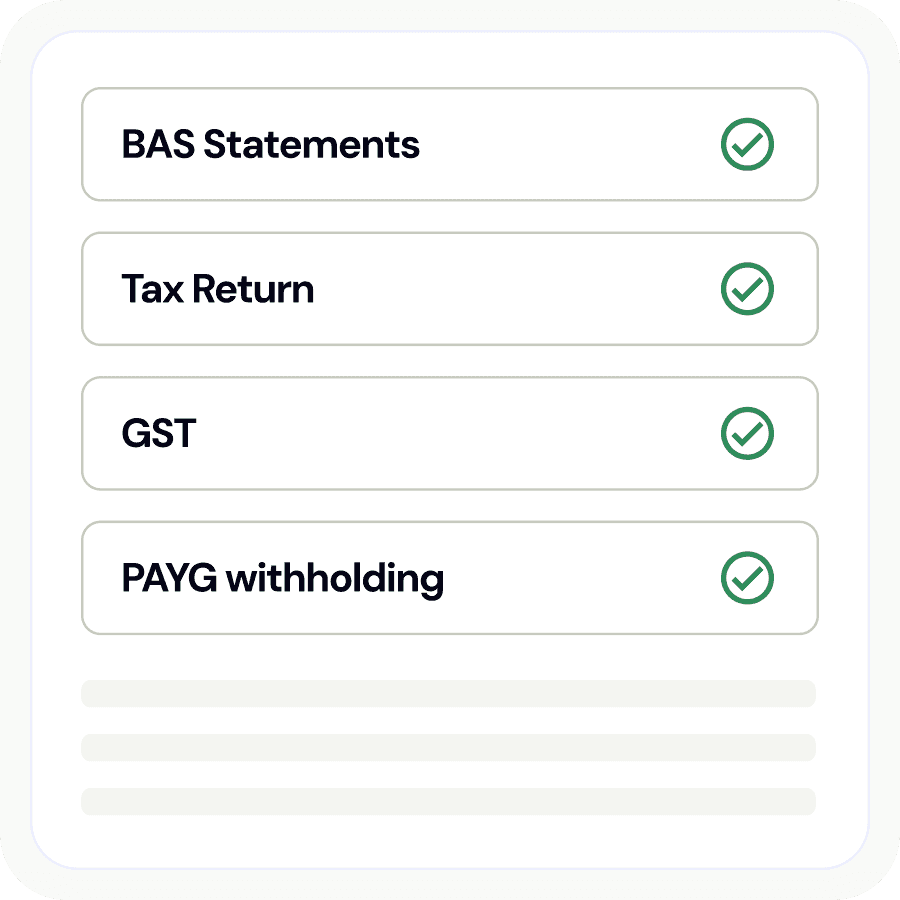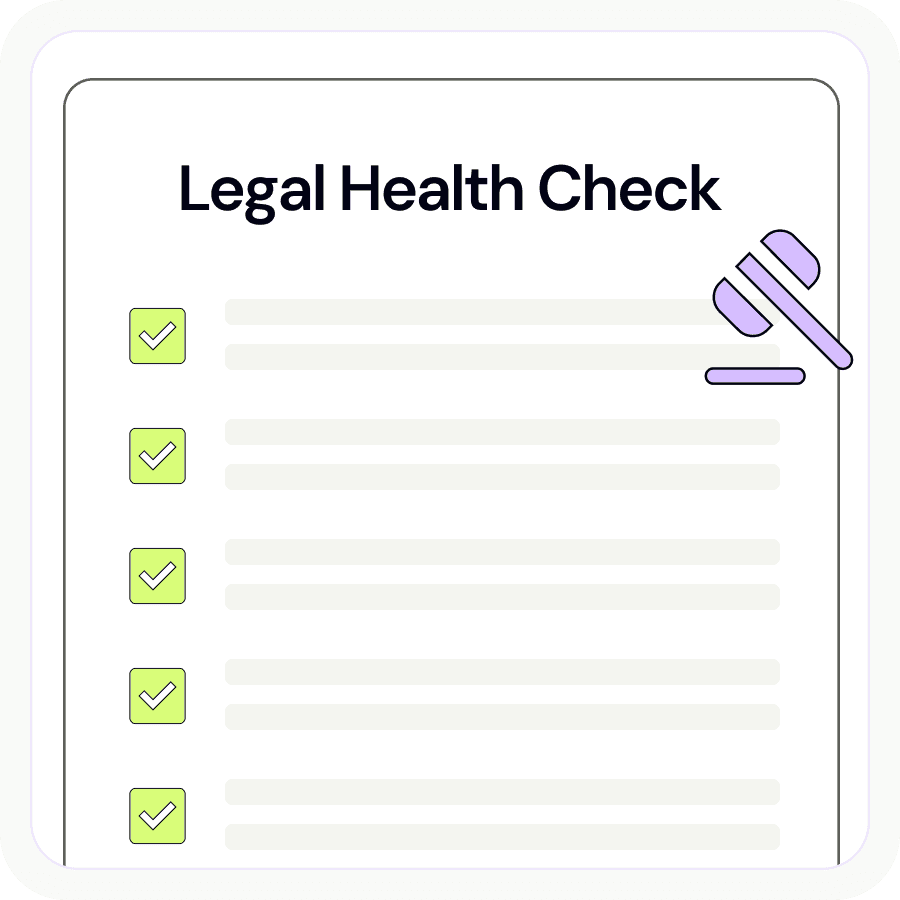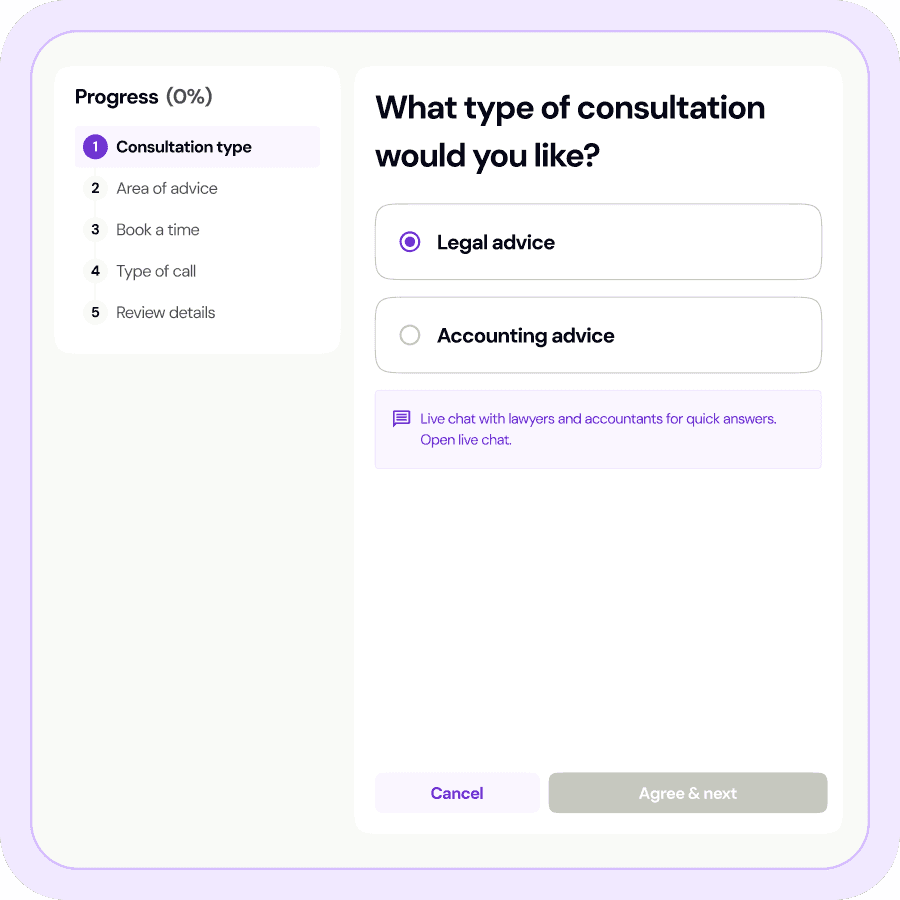If you’re reading this, chances are you’re feeling the weight of an overdue business tax return. Whether you’ve missed a single deadline or have several years’ worth of returns to catch up on, the anxiety and uncertainty can be overwhelming.
Don’t worry! Lodging a late or previous year’s business tax return is more common than you might think, and you’re certainly not alone. Many business owners find themselves in this situation due to circumstances beyond their control, such as illness, lost records, or simply not knowing where to start.
The good news? There are clear steps you can take to get back on track. This guide will walk you through the process of lodging overdue business tax returns in Australia, explain the consequences of missing deadlines, and provide practical tips for staying compliant in the future.
Table of Contents
What happens if you miss a business tax return deadline?
The Australian Taxation Office (ATO) takes tax compliance seriously, and missing a business tax return deadline can trigger a range of responses. If your business fails to lodge a return by the due date, the ATO may issue a Failure to Lodge (FTL) notice. This is essentially a warning, giving you a chance to rectify the situation before further action is taken.
If you continue to delay, ATO late lodgement penalties can apply. The penalty is calculated based on the number of 28-day periods your return is overdue, with each period incurring a penalty unit.
- For small businesses, the penalty is $170 per 28 days, up to a maximum of $850 (five penalty units).
- For medium-sized businesses, this can double to $1,700 for the same period.
These penalties are not tax-deductible and can quickly add up if multiple returns are outstanding. In addition to penalties, the ATO may charge interest on any unpaid tax, and persistent non-compliance can even lead to prosecution in rare cases.
ADD QUOTE FROM TIM HERE
However, the ATO always prefers proactive engagement. If you reach out and begin the process of lodging your overdue returns, they are often willing to work with you. They may even consider remitting penalties if you have a valid reason for falling behind.
Reasons businesses fall behind on tax returns
Falling behind on tax returns can happen to any business, regardless of size or industry. Here are some common reasons why this might happen.
- Illness or personal hardship: Health issues or family emergencies can disrupt your ability to manage business affairs.
- Lack of records: Lost, incomplete, or poorly organised records make it difficult to prepare accurate returns.
- Ceased operations: Businesses that have closed may mistakenly believe they no longer need to lodge returns.
- Change of accountant or bookkeeper: Switching professionals can cause gaps in recordkeeping or confusion over responsibilities.
- Cash flow issues: Financial stress may lead to prioritising immediate bills over tax obligations.
- Complex regulations: Navigating the intricacies of tax law can overwhelm even experienced business owners, especially as rules change.
It’s important to be honest and transparent with the ATO about your situation. They are more likely to show leniency if you communicate openly and demonstrate a genuine intent to resolve your obligations.
How to lodge a previous year’s or late business tax return
Once you are ready — although the sooner the better — start the process of lodging any late business tax returns. Here is a step-by-step guide.
1. Determine how many years are outstanding
The first step is to establish exactly how many tax returns are overdue. You can check your lodgement history by logging into Online Services for Business. Alternatively, if you use a registered tax agent, they can access this information for you. This will give you a clear picture of what needs to be lodged.
If you have multiple years outstanding, it’s usually best to lodge all overdue returns at once. The ATO may even require this before considering any remission of penalties or payment arrangements.
2. Gather your records (even if incomplete)
Don’t let missing paperwork stop you from taking action. Start by gathering whatever records you have — bank statements, invoices, receipts, Business Activity Statements (BAS) statements, and payroll records.
Even if you are missing some documents, you can use other paperwork to reconstruct an accurate picture of your finances.
- Bank statements: These provide a record of deposits and withdrawals, which can help estimate income and expenses.
- ATO pre-fill data: The ATO may have data from third parties (such as banks or clients) that can help fill in gaps.
- Invoices and receipts: Even partial records can be useful.
- Old BAS or GST returns: These can help estimate sales and purchases for the relevant periods.
If your data is incomplete, lodge your return with the best available information, clearly flagging any estimates or assumptions. The ATO prefers an honest attempt over no lodgement at all and may work with you to clarify or correct information if needed.
3. Lodge online, through a tax agent, or by mail
Depending on your business structure and circumstances, you have several options for lodging backdated tax returns.
- Online services for business: Most businesses can lodge prior-year returns online, especially for recent years. This is the fastest and most efficient method.
- Registered tax agent: A tax agent can help you prepare and lodge overdue returns, negotiate with the ATO, and may be able to secure lodgement deferrals or payment plans on your behalf.
- Paper lodgement: For older returns (generally pre-2016), or if you’re unable to lodge online, you may need to complete and mail a paper return. This is the slowest option and should be avoided if possible.
If you’re working with a tax agent, they can sometimes negotiate a lodgement plan with the ATO, giving you additional time to prepare multiple years’ returns without incurring further penalties.
What to expect after you lodge
Once you’ve lodged your overdue business tax returns, the ATO will process the. This typically takes a few weeks, though complex or incomplete returns may take longer. If you owe tax, you’ll receive a notice of assessment detailing the amount due, including any applicable interest and penalties.
If you receive a penalty notice, you can request a remission if there were extenuating circumstances, such as illness or events outside your control. The ATO reviews these requests on a case-by-case basis and may reduce or waive penalties if your explanation is reasonable.
If you can’t pay your tax debt in full, the ATO is generally willing to discuss payment plans. It’s crucial to engage with them early and honestly to avoid further enforcement action.
What to do if your business is no longer trading
Even if your business has ceased operations, you’re still required to lodge all outstanding tax returns up to the date the business was closed. This includes a final tax return and, if applicable, deregistering for the Goods and Services Tax (GST), Australian Business Number (ABN), and other business registrations.
If you haven’t already done so, notify the ATO that your business has ceased trading. This will stop further lodgement obligations from accruing and help finalise your tax affairs.
Tips to stay compliant in the future
When it comes to business tax compliance, the ideal option is to prevent any outstanding claims and lodgements. By adopting a proactive approach and leveraging the right tools and habits, you can minimise your risk of penalties, audits, and unnecessary stress.
Here’s how to stay on top of your business tax obligations in Australia:
Set reminders and use tax calendars
One of the simplest yet most effective ways to stay compliant is to mark all key tax dates in your digital calendar. This includes BAS lodgement, PAYG instalments, and annual tax returns.
Set automatic reminders through task management apps or the ATO’s online services to ensure you never miss a deadline. Additionally, subscribe to ATO alerts or newsletters to remain updated on any changes to important dates or requirements.
Leverage accounting software
Investing in reputable accounting software can transform the way you manage your business finances. Modern platforms automate recordkeeping, track income and expenses, and generate detailed financial reports.
Many solutions integrate directly with your bank accounts and the ATO, which reduces manual data entry and the risk of errors. You can also use software features to schedule BAS preparation, set up recurring reminders, and securely store digital copies of invoices and receipts for easy access.
Develop quarterly BAS habits
Treating each BAS lodgement as a regular financial checkpoint is a great way to maintain compliance. Use these quarterly deadlines to reconcile your accounts, verify GST calculations, and ensure all transactions are properly recorded.
Regular BAS reviews help you spot discrepancies early and keep your financial records up to date, making the end-of-year tax process much smoother and less stressful.
Engage a registered tax agent or accountant
Working with a registered tax agent or accountant can provide invaluable support. These professionals are experts in navigating complex tax laws, ensuring accurate and timely lodgement, and representing your interests in dealings with the ATO.
They can also offer strategic advice on tax deductions, tax planning, and compliance obligations specific to your business structure.
Maintain consistent and accurate recordkeeping
Consistent recordkeeping is the backbone of tax compliance. Make it a habit to keep all financial records, such as invoices, receipts, contracts, and bank statements, organised and up to date throughout the year.
The ATO requires businesses to retain records for at least five years, so using digital storage solutions can make this process easier while providing backup and security. You should also regularly review your records for completeness and accuracy.
Understand your business structure’s obligations
Every business structure, whether sole trader, partnership, company, or trust, comes with its own set of tax and reporting obligations. Take the time to understand which taxes apply to your business, such as GST, PAYG withholding, payroll tax, and superannuation, and make sure you are registered for each as required.
Knowing your obligations helps prevent oversights and ensures your business remains compliant.
Train your team
If you have staff involved in bookkeeping or financial management, providing regular training is essential. Make sure you and your team is up to date on ATO requirements, best practices for recordkeeping, and any changes to your accounting software.
Well-trained staff are less likely to make costly mistakes and can help keep your business compliant.
Plan ahead for tax payments
Finally, planning ahead for tax payments is crucial for avoiding cash flow issues. Set aside funds regularly for upcoming tax obligations, and use your accounting software’s forecasting tools or consult your accountant for effective tax planning strategies.
By preparing in advance, you can minimise surprises and ensure you’re always ready when tax time arrives.
FAQs
How far back can I lodge a tax return?
You can lodge tax returns for prior years’ tax returns as far back as necessary, though the process may differ for very old returns. The ATO encourages you to catch up regardless of how many years are outstanding.
Can I lodge a late return myself, or do I need a tax agent?
You can lodge a late return yourself using Online Services for Business or by paper. That said, a tax agent can help if your situation is complex or if you have multiple years outstanding.
What happens if my business hasn’t lodged tax returns for several years?
If your business hasn’t lodged for several years, the ATO may issue penalties and interest, but they prefer you to come forward voluntarily. Lodging all overdue returns and engaging with the ATO is the best way to resolve the issue.
Ensuring business tax compliance
Lodging prior years’ or late tax returns with the ATO can feel daunting, but it’s a challenge you can overcome with the right approach. By understanding the consequences, gathering your records, and taking proactive steps to lodge your returns, you’ll be well on your way to resolving your tax affairs.
If you need guidance or support, Lawpath can set you up with experienced tax professionals to help you every step of the way. Don’t let overdue tax returns hold your business back; take action today and regain control of your business tax compliance.











